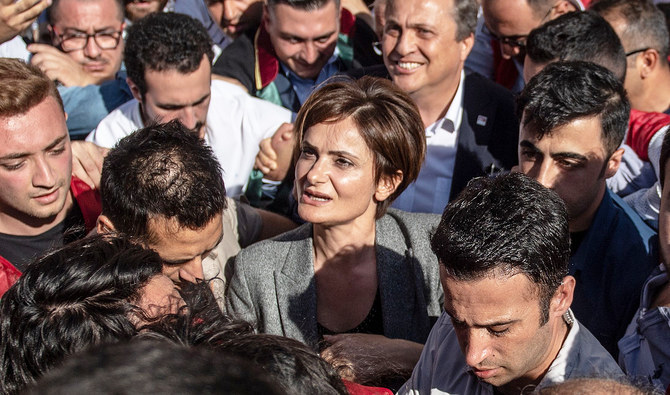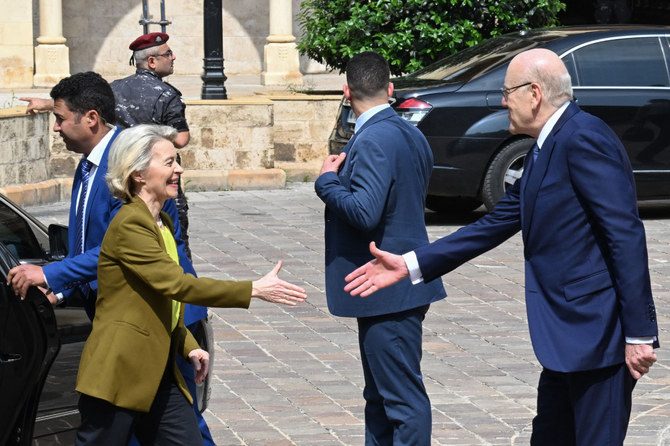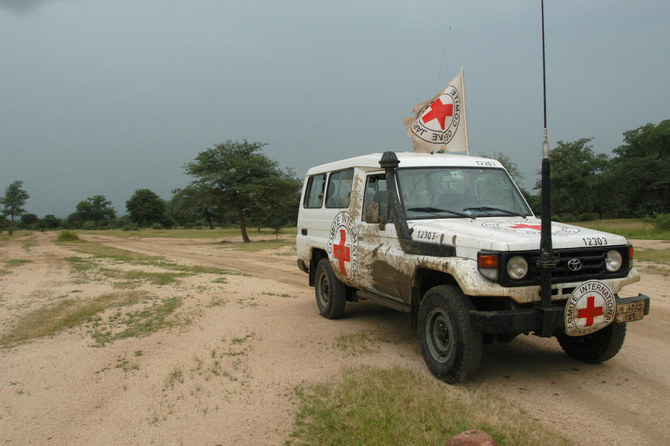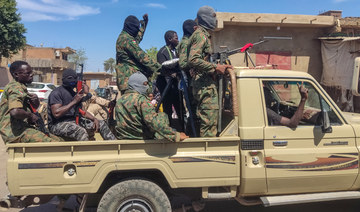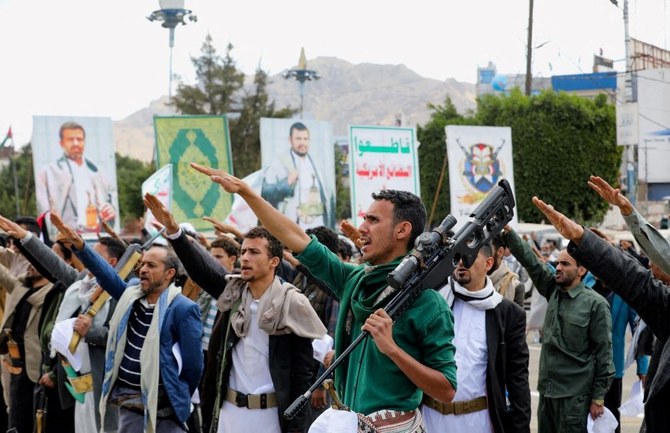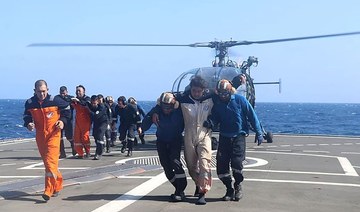ANKARA : Canan Kaftancioglu, the Istanbul chair of Turkey’s main opposition party CHP, was sentenced by a Turkish court to nine years and eight months imprisonment for her social media activities seven years ago.
The trial case also included the poem Kaftancioglu recited outside the courthouse in a previous hearing. The poem was written by Turkey’s most famous 20th century poet, Nazim Hikmet.
The sentence given on Friday to the prominent opposition official is based on a charge that she insulted the president and public servants, and spread terrorist propaganda, mostly through tweets posted between 2012 and 2017 related to 2013 anti-government protests and the outlawed Kurdistan Worker’s Party.
In her defense statement, Kaftancioglu said: “I did not insult the president, I don’t. As the provincial chairperson, it is unthinkable that I would openly or implicitly insult the state,” adding that the prosecutor’s office took her words “out of context.”
The young Kaftancioglu is credited as the key figure behind the victory of Ekrem Imamoglu, Istanbul’s recently inaugurated mayor from the main opposition party, breaking the grip of the ruling AKP and its predecessors on the city for the past 25 years.
Kaftancioglu is known for her grassroots activities in various districts of Istanbul, consolidating the party’s electoral base and at the same time appealing to different electoral segments.
“Neither you all nor I deserved this. If the court ruling is not in line with the law and is shaped by the wishes of the political power, it means there is no law in this country,” she told reporters outside the main courthouse following the judgment, emphasizing that this verdict would not silence her.
Kaftancioglu will not immediately go to jail as the appeals court is expected to give its verdict within six months, after which she can appeal to the Court of Cassation.
“Surreal and outrageous sentence of 9+ years prison for CHP Istanbul chair Canan Kaftancioglu for social media posts. Erdogan takes revenge for opposition’s election victory. Unacceptable!” Kati Piri, the European Parliament’s rapporteur on Turkey, declared in a tweet.
Veysel Ok, a leading free speech and press freedom lawyer from Turkey, found it contradictory to have such a verdict in a time when Turkey is also discussing reforming its judicial system with an exhaustive package of commitments that would allegedly bring greater freedom of expression for all.
“It is unacceptable that the opposition figures face such serious punishments over a couple of tweets they share. But on the other hand, it is so unsurprising for the current mentality within Turkish judiciary,” he told Arab News.
Former head of the Diyarbakir Bar Association lawyer Ahmet Ozmen said this verdict against a politician is unacceptable in terms of democratic politics and freedom of speech.
“A politician cannot be convicted over expressing her opinions. It is a big mistake, and I hope it will be corrected in the near future. It is a loss for Turkish democracy,” he told Arab News.
Gorkem Gokce, another prominent lawyer in Turkey, said Turkey’s Constitutional Court previously ruled in 2017 that freedom of speech means nobody can be condemned over expressing, defending and disseminating opinions freely through various means, which is a criterion for a pluralistic democratic order.
“The Constitutional Court found it acceptable that some opinions may be freely expressed even they can be considered as unacceptable, hurtful, offending for civil servants in a democratic society. Today’s ruling is contrary to the jurisprudence of the Constitutional Court by restricting freedom of speech to such a great extent. It is against public benefit too,” he told Arab News.
#CananKaftancioglu trended online all day in Turkey.



